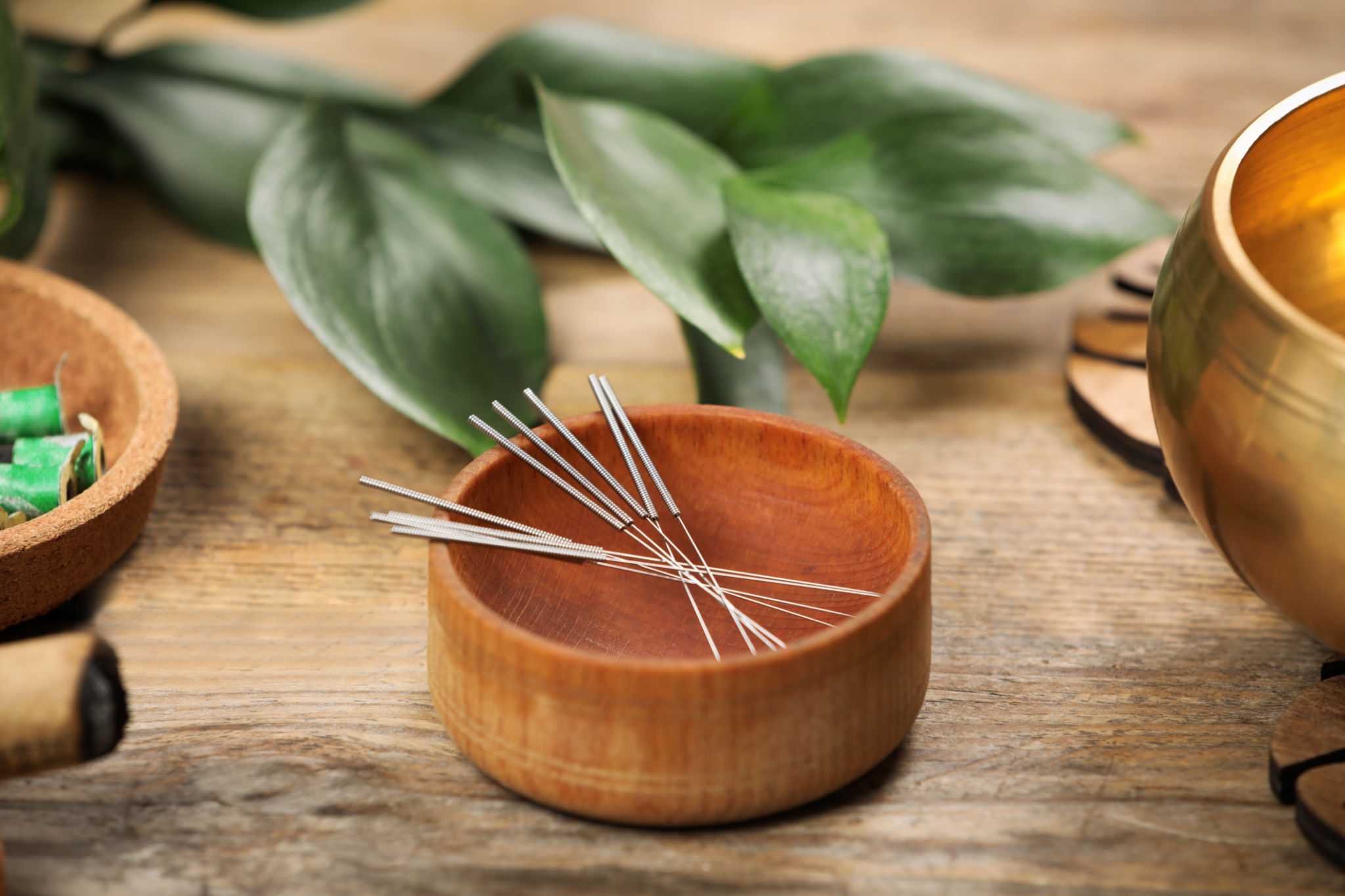Breaking Common Myths About Acupuncture and TCM
Understanding Acupuncture and Traditional Chinese Medicine (TCM)
Acupuncture and Traditional Chinese Medicine (TCM) have been practiced for thousands of years, yet they still remain shrouded in mystery and misconceptions for many. A common myth is that acupuncture is merely a placebo or an unscientific practice. However, numerous studies have demonstrated its effectiveness in treating various conditions such as chronic pain, migraines, and anxiety.
TCM, which includes acupuncture, is a holistic approach to health that focuses on balancing the body's energy, known as "Qi." It involves a range of practices like herbal medicine, cupping, and tai chi. Understanding these principles can help dispel myths and shed light on their true benefits.

Myth: Acupuncture is Painful
One of the most pervasive myths about acupuncture is that it is a painful experience. In reality, the needles used in acupuncture are extremely thin, much thinner than those used for vaccinations or blood draws. Most patients report feeling minimal to no pain at all during the insertion of needles. Instead, they often experience a sense of relaxation or tingling.
Acupuncturists are trained to gently insert these needles and adjust them as needed to ensure comfort. If there is any discomfort, it is usually brief and subsides quickly. This myth often deters people from trying acupuncture, but understanding the truth can encourage more individuals to explore its benefits.

Myth: TCM is Not Scientifically Valid
Another misconception is that Traditional Chinese Medicine lacks scientific backing. On the contrary, TCM is increasingly being recognized by the medical community for its efficacy. Many aspects of TCM, including acupuncture and herbal remedies, have been studied extensively and shown to have positive effects on various health conditions.
For example, research published in medical journals has demonstrated how acupuncture can stimulate the body's natural painkillers, such as endorphins, promoting healing and relief. Furthermore, TCM's holistic approach to wellness encourages preventive care and long-term health maintenance.
Myth: Acupuncture is Just for Pain Relief
While acupuncture is widely known for its ability to alleviate pain, it offers a wide range of other benefits. Acupuncture can aid in treating digestive issues, improving sleep quality, enhancing mental clarity, and boosting the immune system. It is also used to support emotional well-being by reducing stress and anxiety levels.

The versatility of acupuncture makes it a valuable component of an integrated healthcare plan. Its ability to address both physical and emotional issues underscores its role as a comprehensive treatment option beyond simple pain management.
Myth: TCM Is Only for Chronic Conditions
Many believe that TCM is only effective for chronic conditions, but it can also be beneficial for acute illnesses. Herbal medicine and other TCM practices can support the body in fighting off infections, reducing inflammation, and speeding up recovery times from common ailments like colds and flu.
By integrating TCM with conventional medicine, patients often find a more balanced and personalized approach to their health care needs. This synergy can lead to improved outcomes by addressing both acute symptoms and underlying causes of illness.
